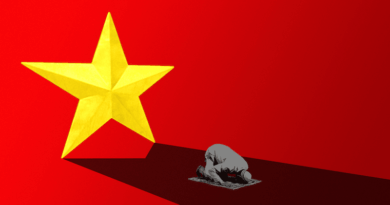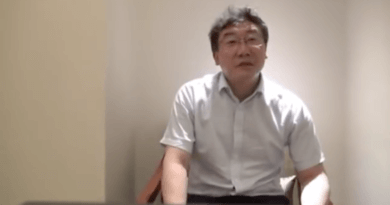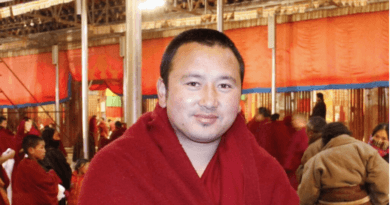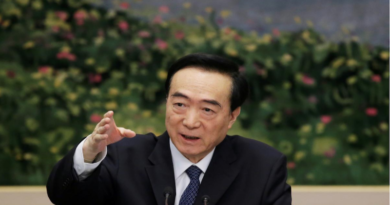Tibetan Parliament Confronts Sikyong Over Historical Interpretation Claims
By Tenzin Chokyi
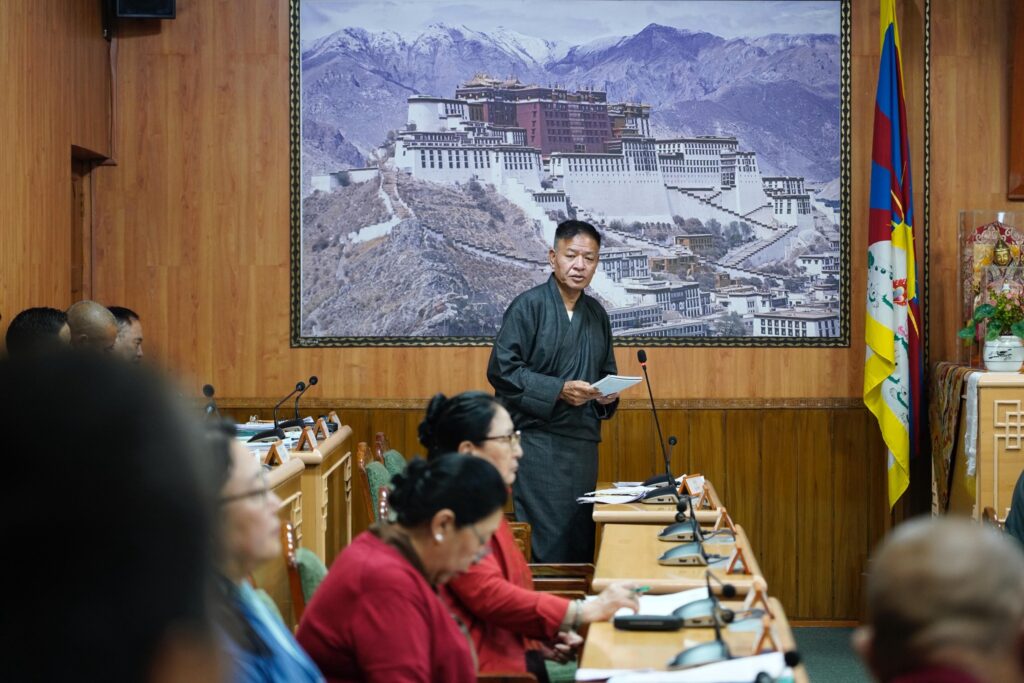
DHARAMSALA, 16 September: Tibetan MPs accused Sikyong Penpa Tsering of “distorting and misinterpreting Tibet’s history” on the sixth day of the 10th Tibetan Parliament-in-Exile, following his remarks in Tezu settlement suggesting that “should Tibetans pursue full independence, the so-called Tibet Autonomous Region would be more entitled to do so, if viewed through the lens of history.”
MPs referenced the Sikyong’s Tezu statements, in which he said: “The reality of Tibet during the 5th Dalai Lama was different; if you look at the subsequent history of Tibet during the 6th, 7th, and 8th Dalai Lamas and onward.” He appeared to imply that while Tibet was largely unified under the 5th Dalai Lama, the subsequent Dalai Lamas exercised authority mainly over the central region of Tibet, facing a more fragmented political reality in the frontier provinces.
Drawing on this historical trajectory, he suggested that the so-called TAR would be “more entitled” to pursue independence today. However, he refused to elaborate on this interpretation himself when questioned in parliament.
MP Phurba Dojree Gyaldhong raised the issue regarding the Sikyong’s statement as a starred question in the parliament today. The MP asked why the Sikyong’s framing appeared to focus only on the Ganden Phodrang’s decline under later Dalai Lamas, rather than Tibet’s broader historical experience, including periods when the country was largely unified under the Tibetan Empire or the Sakya administration.
The MP also requested historical evidence proving that during the reigns of the 6th, 7th, and 8th Dalai Lamas, the Ganden Phodrang lost jurisdiction over Kham and Amdo to the Manchu (Qing) government, and whether the Sikyong considers Manchu history and people as part of Chinese history.
In his written reply, the Sikyong reiterated that the 5th Dalai Lama’s circumstances were different from those of his successors. He clarified that he never stated that Kham and Amdo were under Manchu rule and considers Manchu history and people as distinct from China. He maintained that his statement on the TAR being more entitled to pursue independence was based on an overall analysis of Tibet’s history.
Several MPs deemed the response unsatisfactory, arguing that it did not clarify why the Sikyong had portrayed the TAR as “more entitled” in the pursuit of independence. They pressed further, asking whether his remarks implied that Kham and Amdo were historically outside the Ganden Phodrang’s authority.
Invoking Subsection 3 of Part 26 of the Tibetan Parliament-in-Exile’s Rules of Procedure and Conduct of Business, the Sikyong refused to answer the follow-up questions. He stated that MPs must bear the burden of proof for any claims or allegations in their questions, and he would not respond until this responsibility was acknowledged. He cautioned that debating historical interpretations within parliament could harm the Tibetan cause and said such discussions are better suited for academic forums.
However, it should be noted that since the parliamentary secretariat has included this as Starred Question No. 4, it has deemed the question valid. Therefore, the Sikyong is responsible for addressing the question, and supplementary questions from the house may follow.
This stance drew sharp criticism from several MPs, who accused him of dodging accountability. They noted that once a starred question is admitted to parliament and passes procedural scrutiny, the Sikyong is obliged to answer both the original and all follow-up questions.
Some lawmakers argued that his refusal was baseless, pointing out that he had already submitted a written response that explicitly addressed their concerns about historical distortion and misrepresentation. They added that a political leader should not speak on historical matters without sufficient knowledge.
The Sikyong, however, did not provide specific historical details and instead offered a broad overview of Tibet’s historical trajectory.

